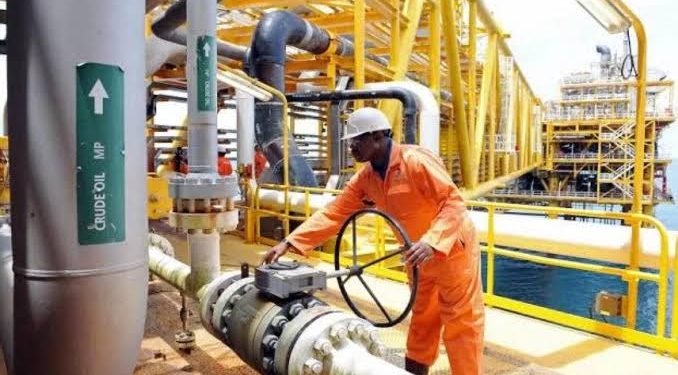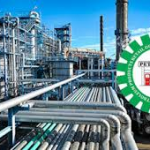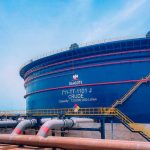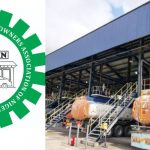The Petroleum Products Retail Outlet Owners Association of Nigeria has sounded the alarm over the importation of substandard crude oil by some local refineries, warning that the practice could compromise fuel quality and harm consumers.
Speaking on Thursday, PETROAN National Publicity Secretary Joseph Obele revealed that certain refineries had begun bringing in crude oil with high sulphur content to cut costs following the Federal Government’s suspension of the naira-for-crude deal. While declining to name the refineries involved, he expressed confidence that they would take corrective action upon seeing the report.
Obele noted that many Nigerians may not be aware that some crude oil being imported is below global standards. He explained that high sulphur content in crude oil affects the quality of refined petroleum products, leading to environmental concerns and potential damage to engines and equipment. He called on refinery operators to prioritize the importation of high-quality crude, stressing that Nigeria’s own sweet crude, with its low sulphur content, is among the best in the world.
PETROAN issued a statement urging the government and regulatory agencies to intensify oversight by conducting thorough laboratory tests on all imported crude oil. Obele warned that allowing substandard crude into the country would not only undermine the oil and gas sector’s growth but also erode consumer trust and affect fuel pricing in the long run.
The association also called on the Minister of State for Petroleum Resources (Oil), Heineken Lokpobiri, to conduct a full assessment of the naira-for-crude initiative, which was introduced to ease fuel supply issues but has now been discontinued. PETROAN expressed concern that the termination of the policy could trigger further fuel price hikes, adding to the economic strain on Nigerians.
To mitigate this risk, the association urged the government to keep the window open for refined petroleum product imports to maintain price stability and prevent supply shortages. While acknowledging that petrol prices had recently increased, PETROAN remained optimistic that competition, as encouraged by the Petroleum Industry Act, would eventually drive prices down.
Obele further stated that PETROAN would take proactive steps to protect both its members and Nigerian consumers by conducting independent tests on refined petroleum products. He emphasized that the association would identify the refineries and depots producing or selling substandard fuel and mobilize its members accordingly to prevent such products from entering the market.
While refusing to name the specific refineries importing poor-quality crude, Obele made it clear that PETROAN would not hesitate to take action if the trend continued. He maintained that ensuring fuel quality is essential for the long-term stability of Nigeria’s energy sector and urged all stakeholders to uphold global standards.










